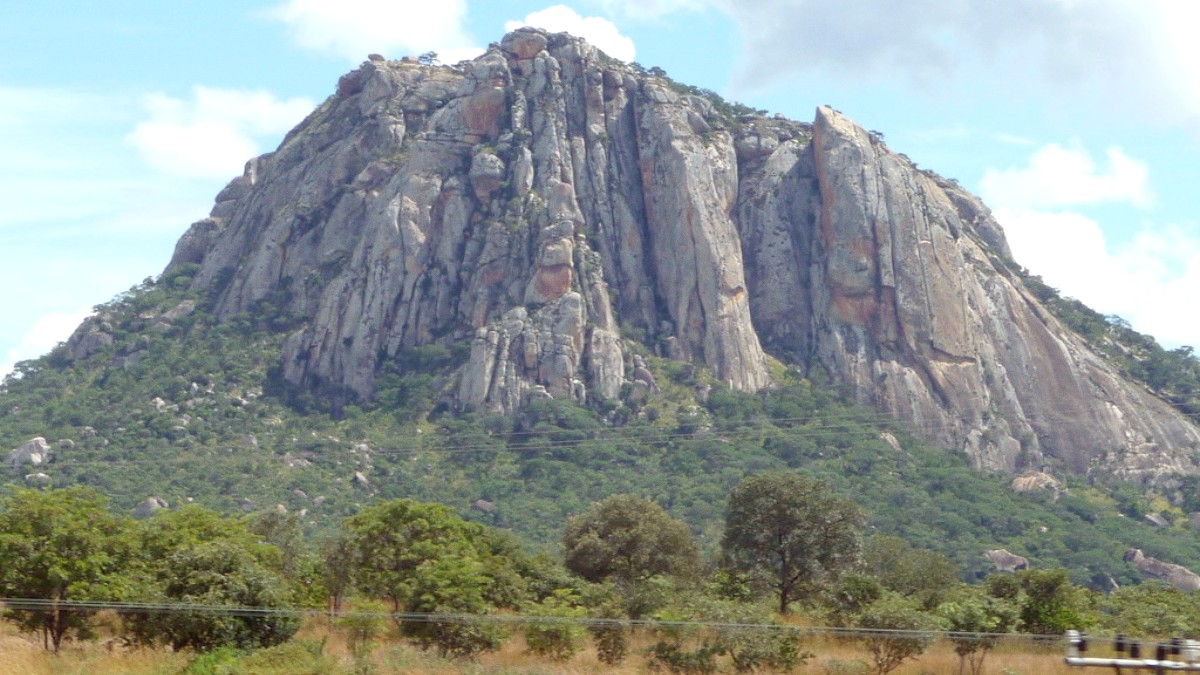
Zimbabwe
Summer (Wet Season): November to April. Hot days, with average daytime temperatures ranging from 26°C to 32°C (79°F to 90°F). High rainfall, often dramatic afternoon thunderstorms. January and February typically see the heaviest rains. Humidity levels are high, making the heat feel more intense.
Winter (Dry Season): May to October. Days are mild to warm, with average daytime temperatures between 20°C and 28°C (68°F to 82°F). Nights, especially in June and July, can become quite cool, dropping to 5°C to 10°C (41°F to 50°F). Little to no rainfall, dry conditions. Low humidity levels. Landscape turns golden-brown, less vegetation, scarce water sources.
During the wet season, flash floods may occur in low-lying areas. Exercise caution if traveling off main roads.
Extreme temperatures, like heatwaves, appear rarely but can occur, specifically in October and November, just before the rains arrive.
July - October (Dry Season)
Sparse vegetation and limited water sources make animals easier to spot.
Higher prices, more crowded attractions.
November - April (Wet Season)
Landscape is lush and green, with arrival of migratory birds. Lower prices and tourist numbers.
High temperatures and humidity. Rainfall may disrupt plans.
May - October (Dry Season)
Comfortable temperatures for outdoor activities. May to August is most pleasant.
Cool nights in May/June. Hotter in Oct.
Zimbabwe categorizes countries based on their visa requirements: Category A (no visa), Category B (visa on arrival, fee), Category C (visa prior to travel). Nationals from most Category B and C countries can apply for an E-visa online before travel. VisaHQ also provides services.
Passport valid for at least six months beyond departure, two blank pages. Visa application form (if applying in advance). Two recent passport-sized photos. Proof of accommodation or invitation. Proof of sufficient funds. Return or onward ticket. Yellow Fever Vaccination Certificate (if applicable).
Single Entry: ~US$30. Double Entry: ~US$45. KAZA Univisa (Zimbabwe/Zambia): US$50.
Commercial filming or research Requires specific permits. Safari/National Park entry fees apply, paid at entrance.
Yellow Fever vaccination mandatory if arriving from endemic countries. Routine vaccinations advised.
Present passport, arrival card, visa (if pre-obtained), and pay fee upon arrival.
Carry photocopies and digital copies of important documents separately.
Zimbabwe’s economic situation presents unique financial considerations for travelers.
The Zimbabwe Gold (ZiG) was introduced in April 2024. The United States Dollar (USD) remains widely accepted and preferred for many transactions, especially for tourists. Prices for larger items, accommodation, and tours often appear in USD. The ZiG is backed by gold and foreign currency reserves; its value against major currencies fluctuates. Small USD denominations (US$1, US$5, US$10, US$20) are useful for transactions, as change for larger notes is sometimes difficult to find.
Tipping finds appreciation in Zimbabwe but is not strictly mandatory. It serves as a way to show gratitude for good service.
These estimates provide a general guide. Your actual spending varies based on choices and prevailing economic conditions.
This section covers important medical preparations, common health concerns, safety measures, and emergency contacts.
A Yellow Fever vaccination certificate is mandatory if you arrive from or transit through an endemic country.
Routine Vaccinations (MMR, DTP, Polio, etc.), Hepatitis A and B, Typhoid, Rabies. Malaria Prophylaxis is strongly advised if visiting lower-lying areas or national parks (e.g., Hwange, Victoria Falls).
Consult a travel health professional at least 4-6 weeks before your trip for personalized vaccination advice based on your health history and itinerary.
Traveler's diarrhea is common. Eat hot, well-cooked food. Avoid uncooked vegetables unless peeled or washed in safe water. Wash hands frequently with soap and water or use Hand sanitizer.
Malaria: Low risk in Bulawayo but prevalent in other parts of Zimbabwe. Use Insect repellent with DEET or Picaridin, sleep under mosquito nets, wear long sleeves/pants at dusk/dawn, consider prophylaxis.
Waterborne Diseases: Typhoid and cholera may occur. Drink only bottled or purified water. Avoid ice made from tap water. Sunburn/Heatstroke: Zimbabwe's sun is strong. Use Broad-spectrum sunscreen with SPF 30+, wear Wide-brimmed hats, seek shade, stay hydrated with Bottled water.
Animal Bites: Rabies is present. Avoid contact with stray animals. Seek immediate medical attention if bitten.
Bulawayo has public and private hospitals/clinics. Private facilities generally deliver better care but may be expensive; payment typically occurs upfront.
Tap water in Bulawayo is generally not safe for direct consumption; drink only sealed bottled water. LifeStraw and Portable water filters are options. Exercise caution with street food; opt for freshly cooked, hot food.
Police: 993, Fire: 994, Ambulance: 995 (public, may be slow). Ask accommodation for private emergency contacts (e.g., MARS). Keep embassy/consulate info handy.
Bulawayo is generally safer than Harare, but petty crime may occur. Exercise vigilance, especially in busy areas. Pacsafe offers anti-theft bags.
Travel insurance is strongly recommended for any trip to Zimbabwe. Ensure your policy covers aspects of your journey.
Coverage for hospital stays, doctor visits, prescription medications, and emergency evacuation to appropriate medical facilities.
Coverage for trip cancellation, interruption, or delays due to unforeseen events. This secures your financial investment.
Protection for lost, stolen, or damaged luggage. Confirm your policy also covers any planned adventure activities like safari or hiking.